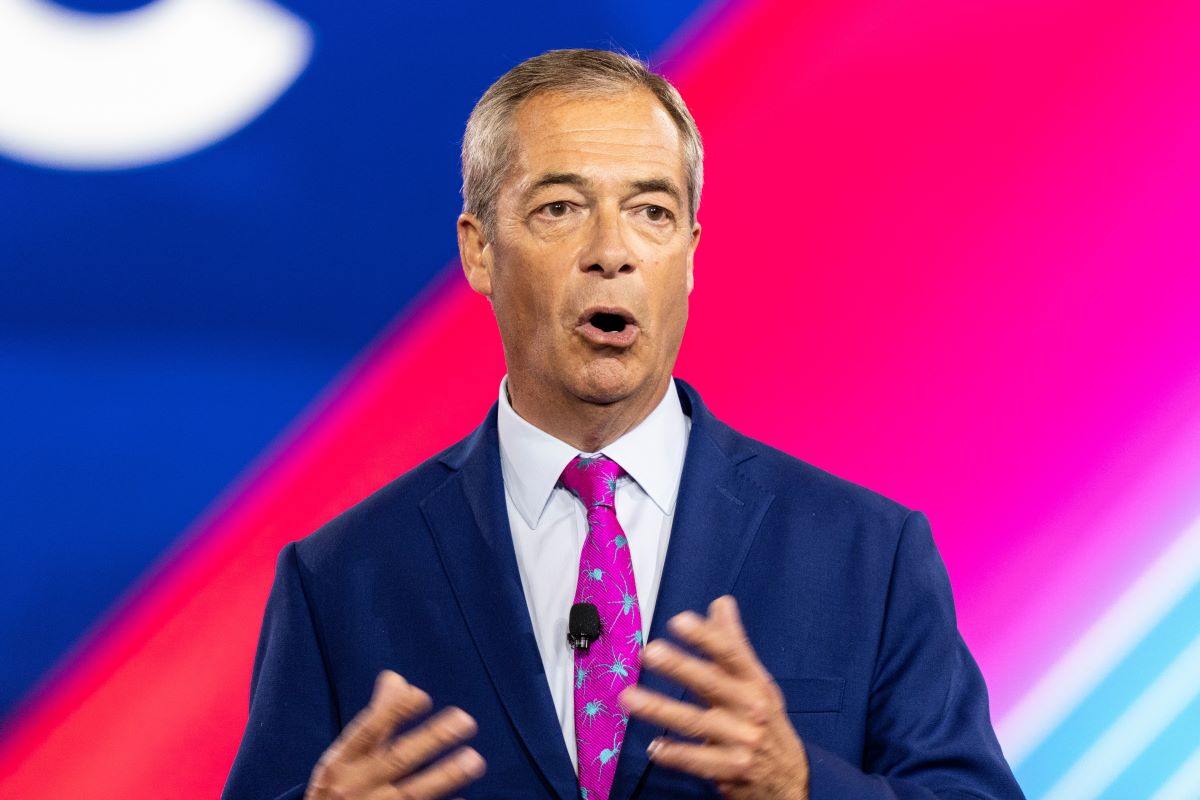Nigel Farage’s recent victory in Clacton-on-Sea might seem like a triumph, but the road ahead could be fraught with challenges. Here are 15 reasons why Farage might come to regret his electoral win.
1. Constant Scrutiny

Winning a seat means Farage will face relentless scrutiny from both the media and the public. Every move he makes will be under a microscope, amplifying any missteps.
2. Managing Expectations

Farage’s supporters have high expectations for immediate and significant change. Meeting these expectations in a complex political environment could prove challenging.
3. Internal Party Tensions
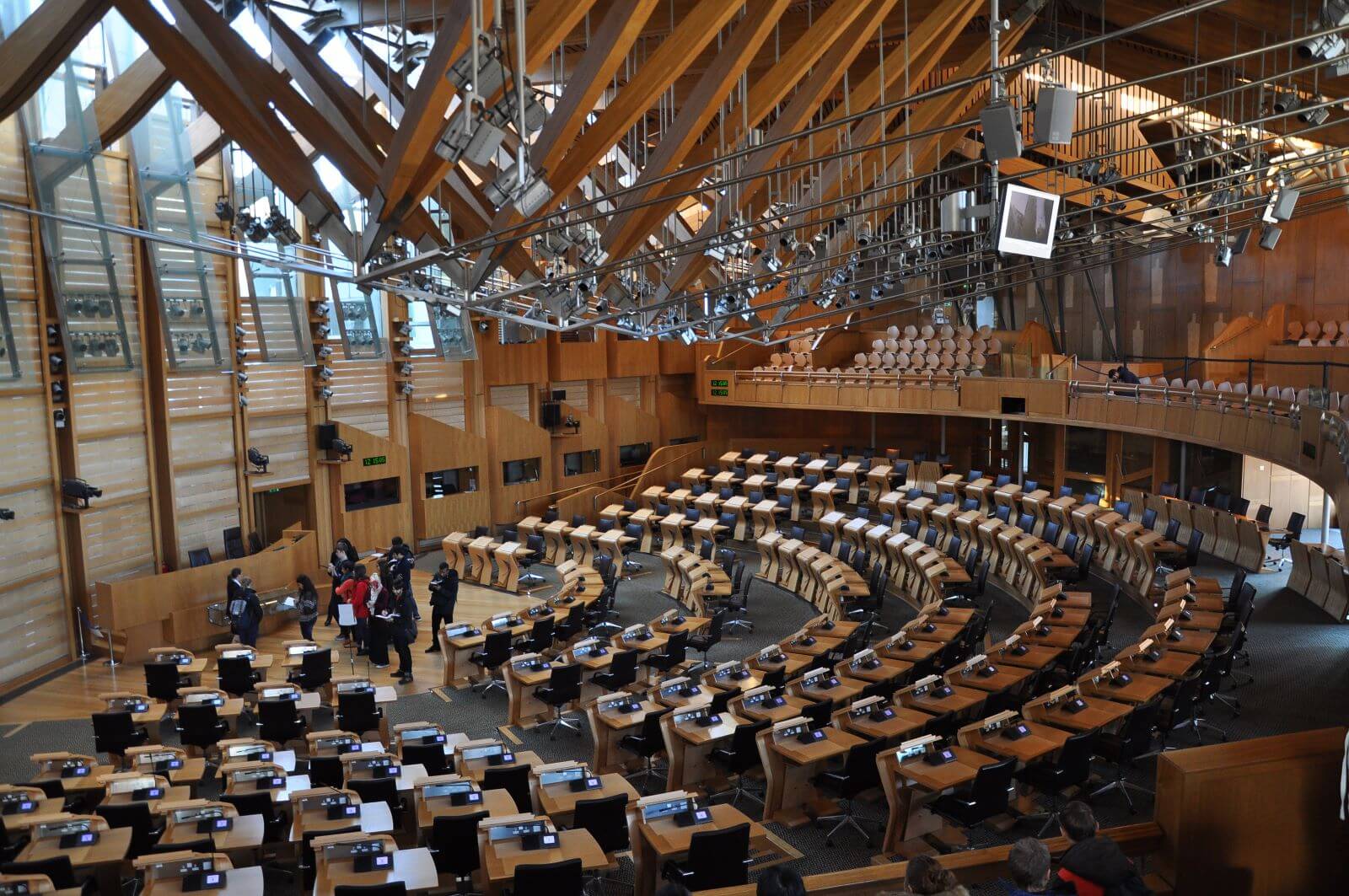
Leading Reform UK in a parliamentary setting may expose and exacerbate internal party tensions. Managing differing opinions within the party will be crucial to maintaining cohesion.
4. Opposition Pressure
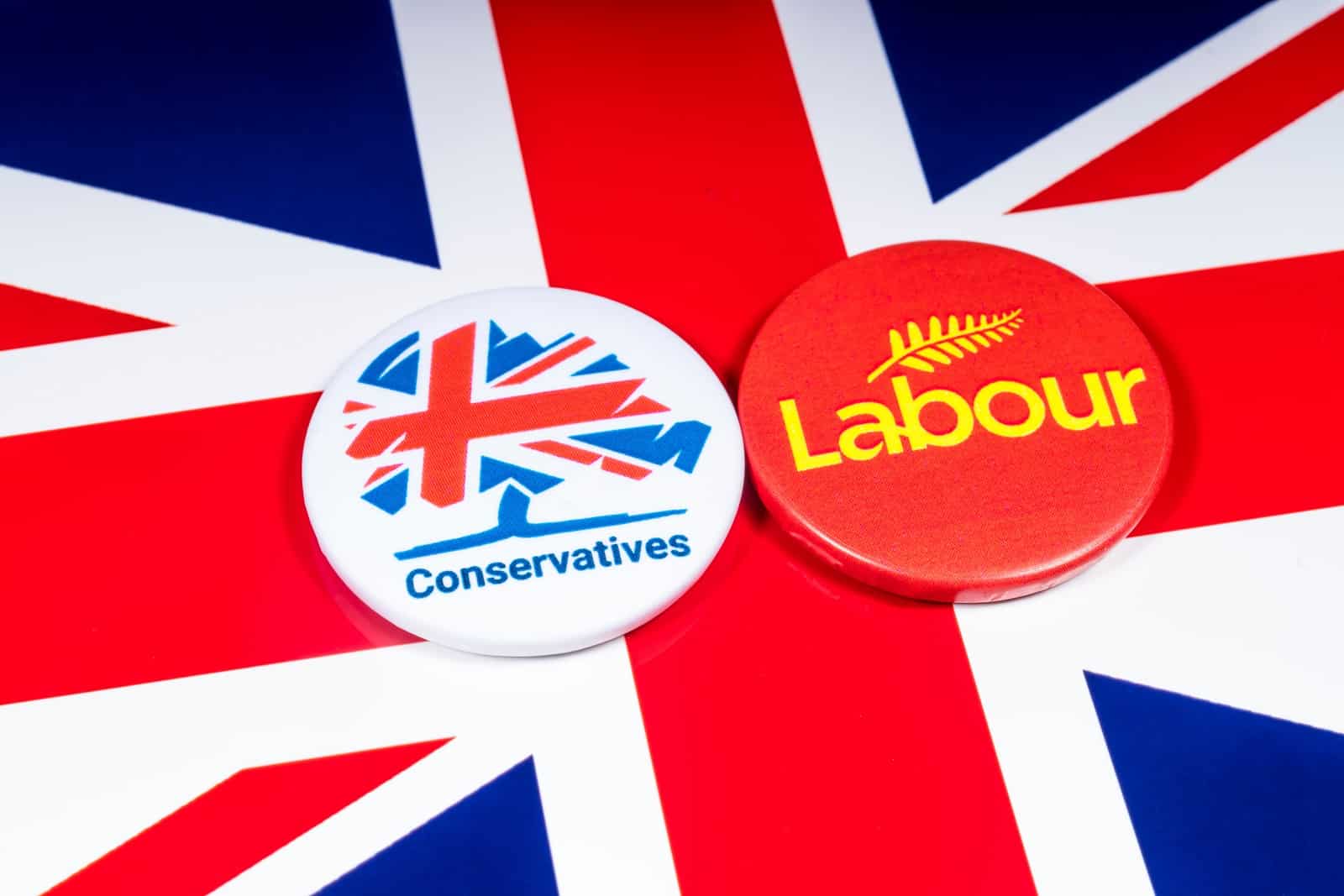
Farage will encounter fierce opposition from established parties like the Conservatives and Labour. This resistance could hinder his ability to push through his agenda.
5. Parliamentary Etiquette
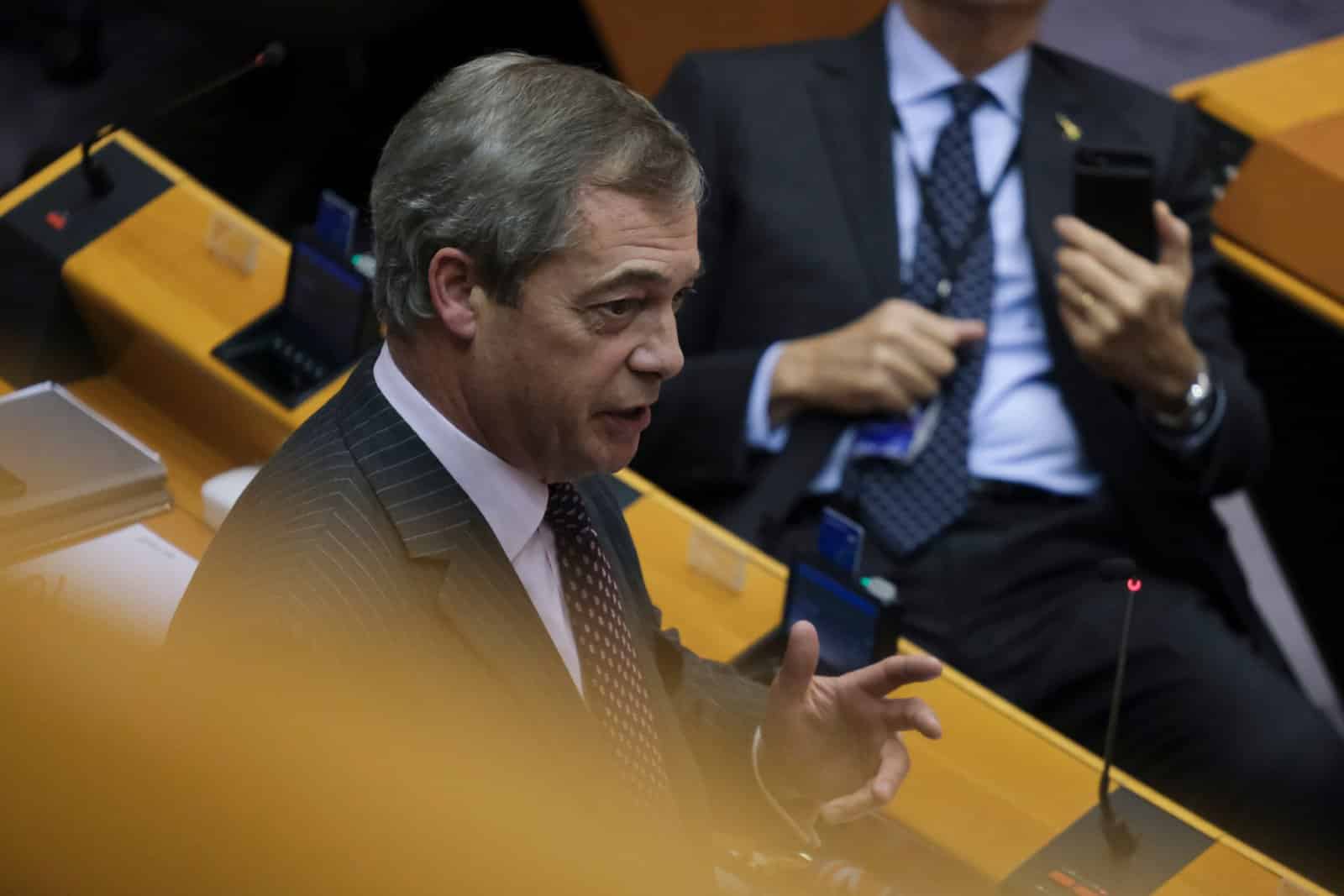
As an MP, Farage will have to adhere to parliamentary etiquette and decorum. This shift might be an anti-climax compared to his usual fiery and unrestrained rhetoric.
6. Media Backlash
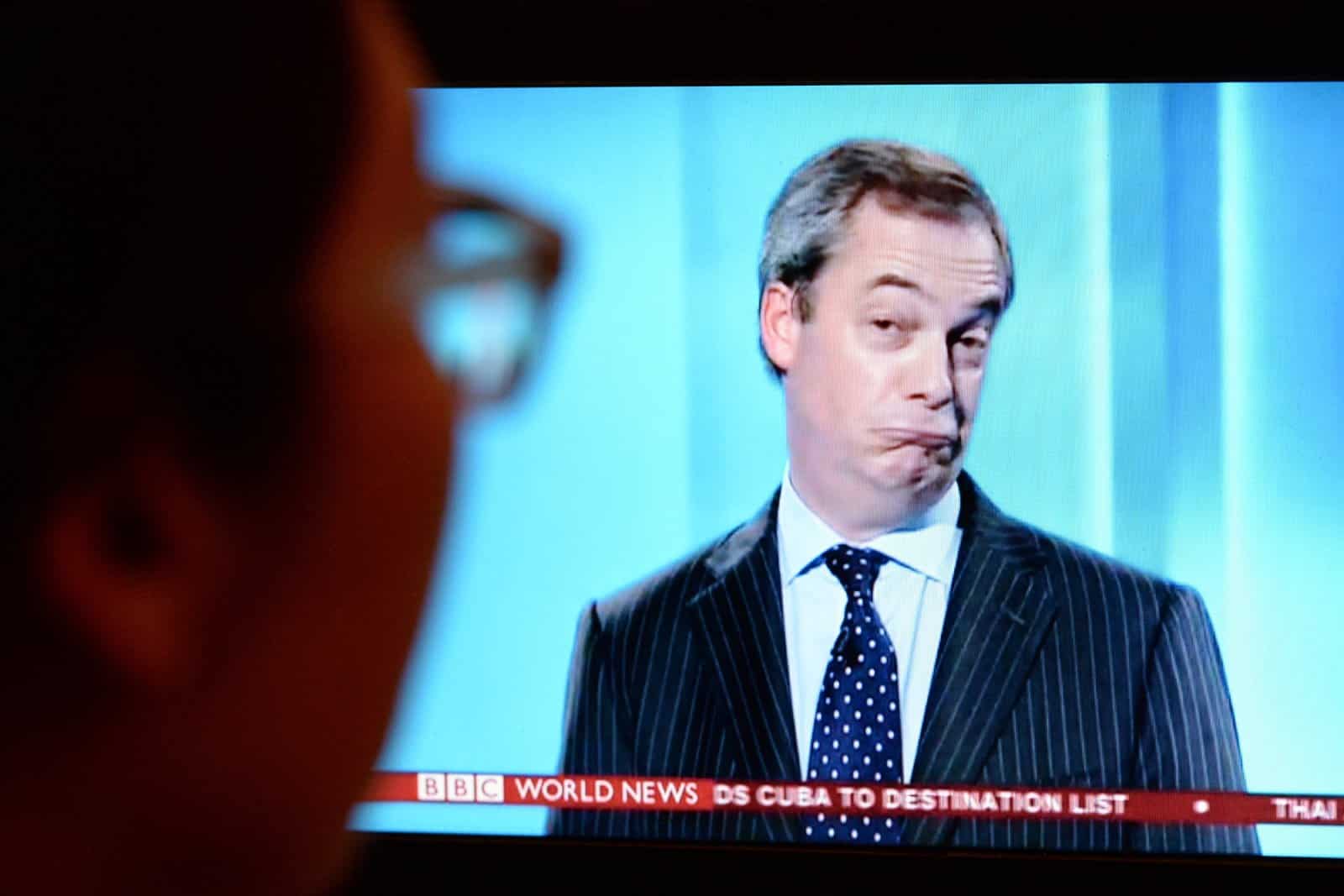
Farage is no stranger to controversy, but as an MP, the stakes are higher. Media backlash could be more intense and damaging to his political career.
7. Policy Implementation Challenges

Turning campaign promises into actual policies is notoriously difficult. Farage may struggle with bureaucratic hurdles and legislative complexities.
8. Public Accountability

Holding a parliamentary seat comes with the responsibility of being accountable to constituents. Farage will need to address local issues, which might divert his attention from broader national goals.
9. Economic Realities
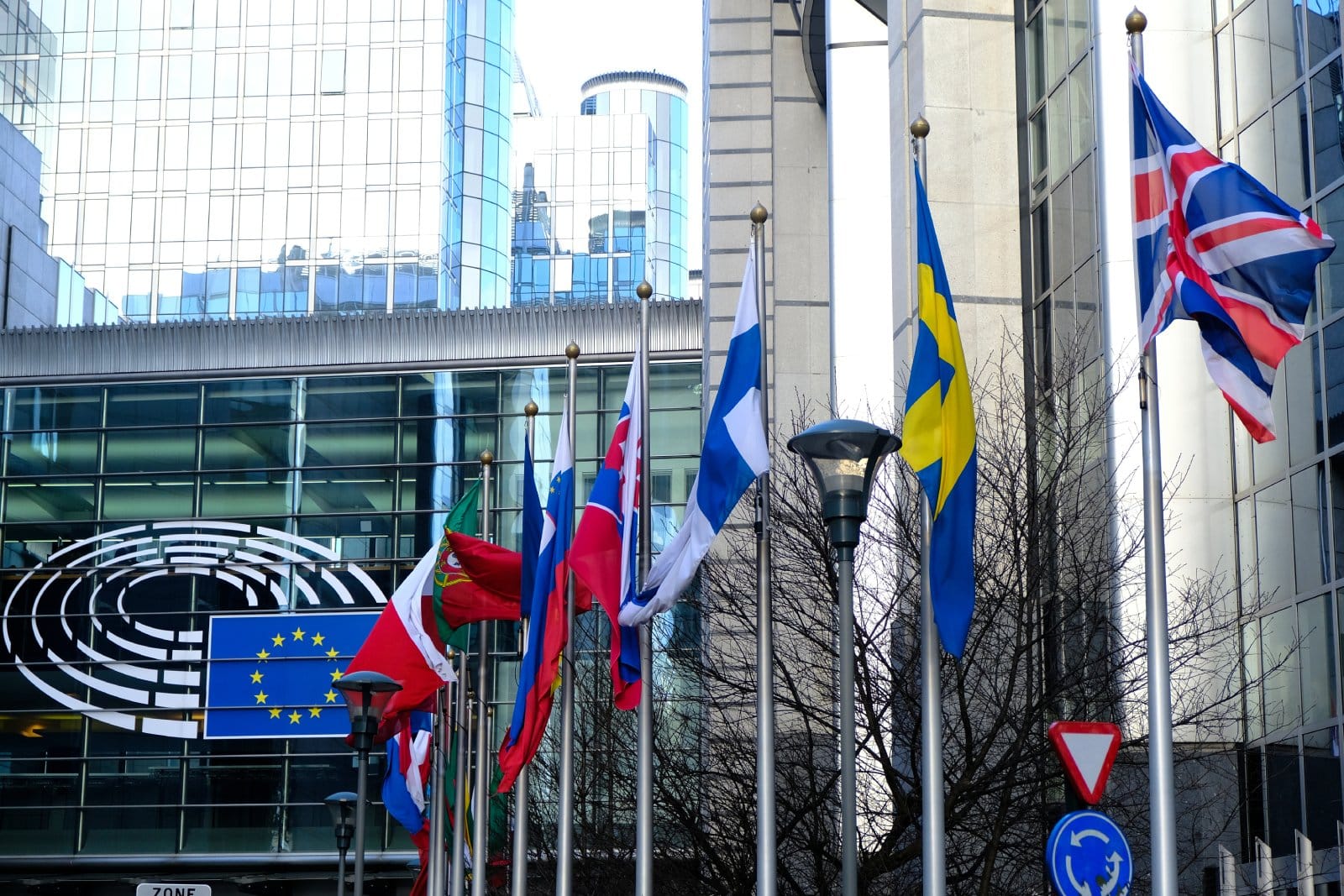
Promising sweeping economic reforms is one thing, but dealing with the economic realities and constraints can be sobering. Farage may find it hard to deliver on his economic promises.
10. Environmental Criticism

Farage’s stance on net-zero and other environmental policies will likely attract criticism from environmental groups and concerned citizens, adding pressure to his political agenda.
11. Personal Attacks

Political opponents are likely to launch personal attacks and dig into Farage’s past to undermine his credibility. These attacks can be both distracting and damaging.
12. Legislative Gridlock

The UK Parliament is known for its legislative gridlock, where passing new laws can be slow and contentious. Farage might find his ambitions thwarted by this slow-moving system.
13. Voter Dissatisfaction

If Farage fails to deliver on his promises, voter dissatisfaction could quickly turn his supporters against him. Maintaining voter confidence is a continuous challenge.
14. Balancing Act

Balancing national politics with local constituency issues will be a constant juggling act. Farage will need to manage his time and priorities carefully to avoid neglecting either.
15. Personal Sacrifices

The demands of being an MP can take a toll on personal life. Farage may find the constant demands on his time and energy overwhelming, leading to potential personal regret.
The Bitter Pill of Victory
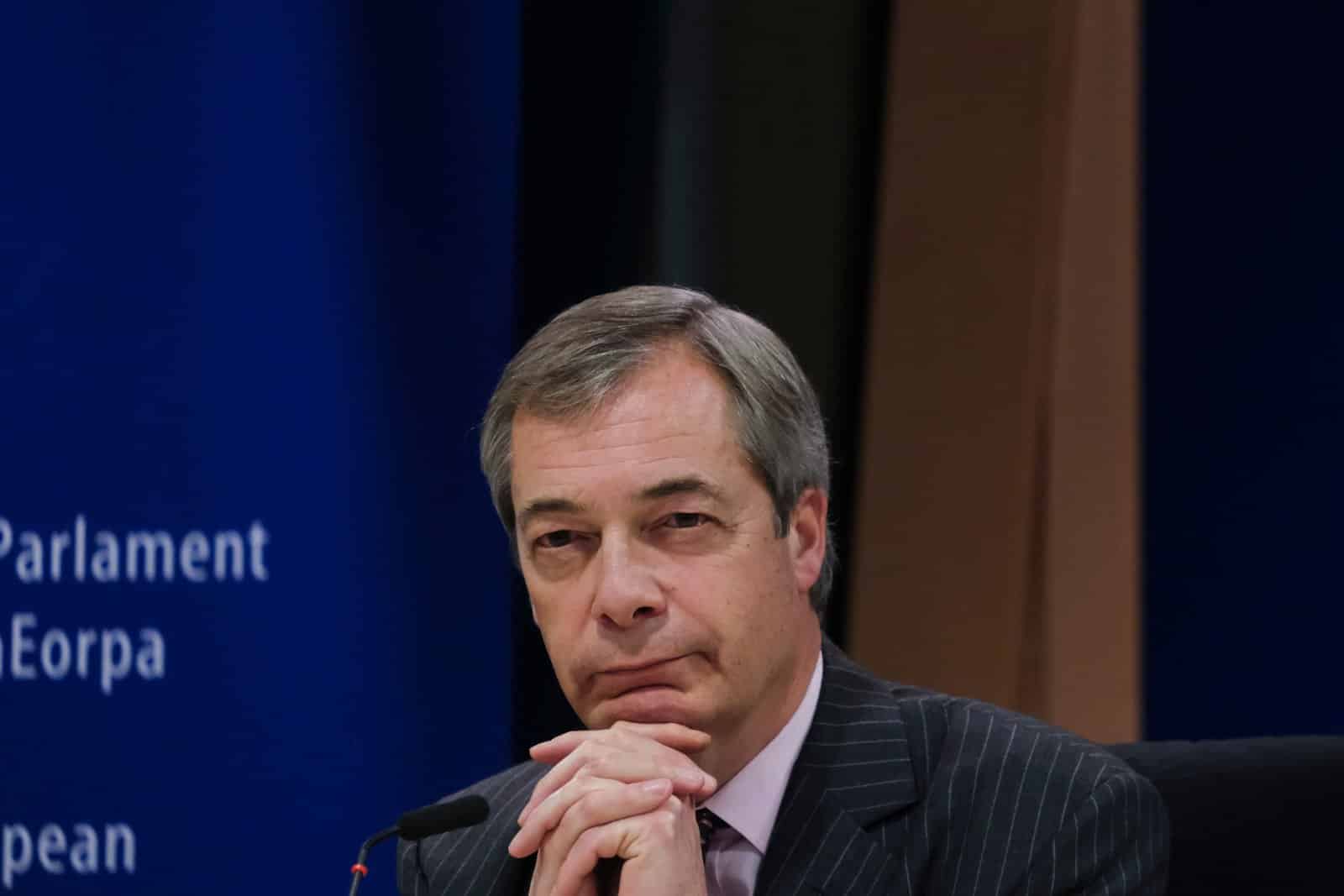
While Nigel Farage’s win in Clacton-on-Sea marks a significant milestone, the reality of parliamentary life may not be as thrilling as anticipated. The constant pressures and responsibilities might make this victory a bittersweet one.
Featured Image Credit: Shutterstock / lev radin.
For transparency, this content was partly developed with AI assistance and carefully curated by an experienced editor to be informative and ensure accuracy.

